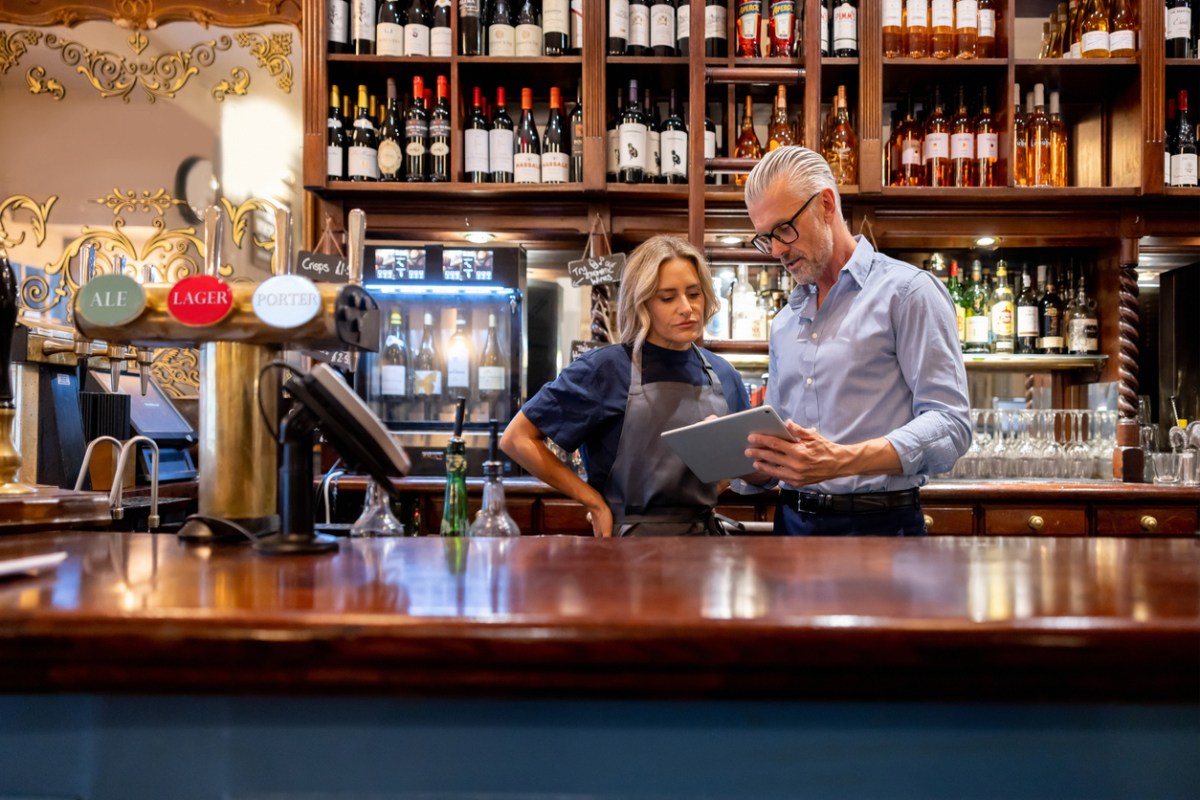Written by Enterprise Professor Jane Burns, Jane Burns Consulting
If the kitchen is on fire, you put it out. So why are we ignoring the psychological distress, burnout and harm happening behind the scenes at our venues, pubs and clubs?
Matt Moran, legendary chef, reflects on the emotional grind:
“Hospitality has its highs, lows, good, bad, ugly and glorious but it’s that dynamic that all chefs are drawn to.”
Hospitality is built on people, connection, and community – young people, passionate about their craft, person centric and customer focused. All fundamental to the mental health and wellbeing of communities.
But it is fuelled by adrenaline: understaffed services, late nights and double shifts, fast pivots, and relentless people-pleasing. The hustle and bustle, the glamour and glitz, often underscored by too many of our people running on fumes – and it’s costing the hospitality industry dearly.
According to Super Friend’s 2023 Indicators of a Thriving Workplace and Safe Work Australia:
- One in three hospitality workers report experiencing high to severe psychological distress — double the national average.
- Young workers in hospitality, aged 18–24, are at highest risk of anxiety, depression, and burnout.
- 44 per cent of workers in accommodation and food services say their job has a negative impact on their mental health.
Let’s be blunt: we have a mental health crisis in hospitality, and pretending it’s part of the culture is killing our workforce and our businesses.
Hospitality’s unique pressure cooker
Hospitality is not like other industries. Hospitality workers, are a young casual workforce and they deal with a lot:
- Abuse and innuendo from drunk and obnoxious customers (it has always been considered as “just part of the job”)
- Slim markets and a lack of skilled workers, resulting in “back-to-back doubles” without a break. Exhausted but wired following long shifts
- Unpredictable rosters and insecure work
- Tight margins, tighter teams
- “Push through” culture that glorifies burnout
These are psychosocial hazards – risks to mental health created by how work is designed, managed, and experienced. In hospitality, it is a part of every organisation’s DNA, its baked into the systems. But here’s the deal: if we don’t design better workplaces, we’ll keep losing good people, harming good people and compromising the very business we love.
The fallout: What it’s costing you
High stress and poor mental health lead to:
- Sky-high staff turnover: Hospitality turnover rates hover around 50–70% annually. That’s a revolving door of skills, you’re paying for over and over again.
- Absenteeism and “presenteeism”: People showing up but checked out, not performing and barely able to stay on task.
- Lower service quality and brand damage: Burnt-out staff results in a bad customer experience – poor reviews, and ultimately empty seats as well as increased workers compensation and insurance claims.
You wouldn’t accept a 50 per cent food waste rate. So why accept 50 per cent staff turnover?
The legal heat is on
Psychosocial risk is now a legal obligation under Work Health and Safety laws. In 2022, Safe Work Australia released a Code of Practice for managing psychosocial hazards. That means:
- You must identify and control mental health risks;
- You can be held liable if you don’t;
- “I didn’t know” doesn’t cut it anymore.
This isn’t a “nice-to-have”. It’s a non-negotiable and you will be fined, you will be showcased in media and if you are found negligent in keeping a staff member safe, you may face six-figure fines or even jail time.
From burnout to buy-in: What good leadership looks like
Here’s what leading operators are doing right now:
- Rethinking rostering: Stop the endless doubles. Create stable, humane shifts that respect recovery time.
- Training leaders to lead people, not just operations.
- Teach managers to spot red flags and support team wellbeing. Leadership is more than numbers and prep lists.
- Creating zero-tolerance policies for abuse. From customers and from within. Staff need to know they’ll be protected, not punished.
- Making mental health part of the safety toolbox. Psychological safety belongs on the same checklist as slip hazards and burns.
- Offering real support – creating psychologically safe spaces where speak up and listen up culture is rewarded.
The ROI on giving a damn
According to PWC, for every $1 spent on workplace mental health, the average return is $2.30 in increased productivity, reduced turnover, and fewer compensation claims.
In hospitality, where every dollar matters and every team member impacts the guest experience, those returns are even greater.
Closing call: Time to lead the change
Hospitality is built on people. If your people are breaking, your business is breaking too. The old-school culture of “harden up and push on” doesn’t work – and it’s driving your best talent out the door.
The best operators already know, mental health is a leadership issue, a safety issue, and a brand issue.
So here’s the question:
Are you creating a place people want to work — or escape from?
It’s time to flip the script on mental health in hospitality. Because safe, supported teams don’t just survive – they thrive. And that’s the recipe for long-term success.

Enterprise Professor Jane Burns, Jane Burns Consulting, has partnered with Allara Global to build a mental fitness online training suite in collaboration with Dr Paula Robinson from Applied Education and Training.
Jane is an internationally recognised change-maker in suicide prevention, mental health and workplace wellbeing — and she’s bringing that expertise to the frontlines of hospitality. With over 25 years of experience advising government, industry, start-ups and not-for-profits, Jane knows how to cut through red tape, build scalable solutions, and create cultures where people thrive — not just survive.

